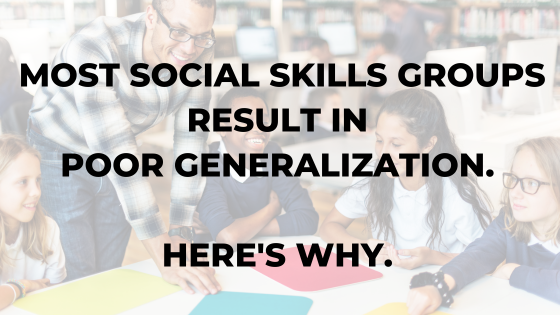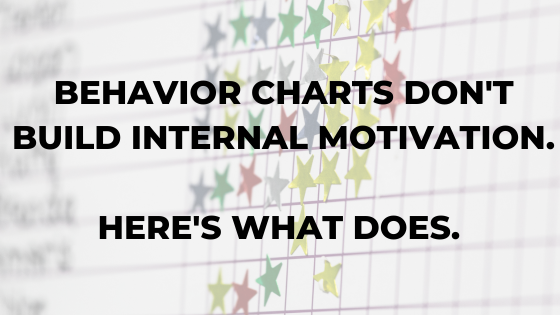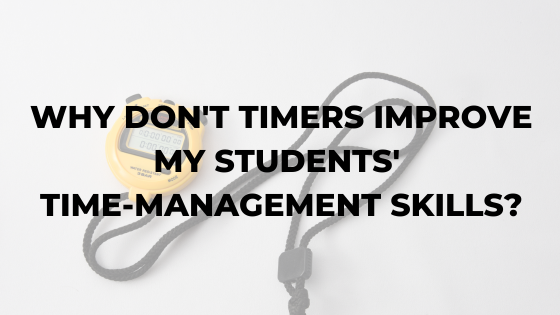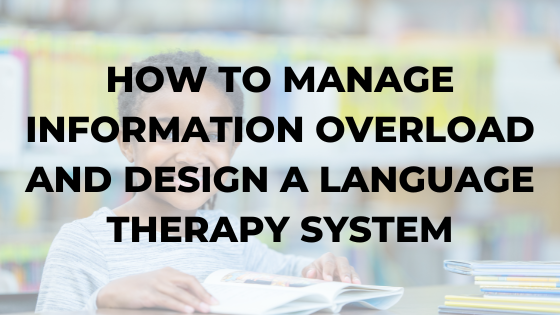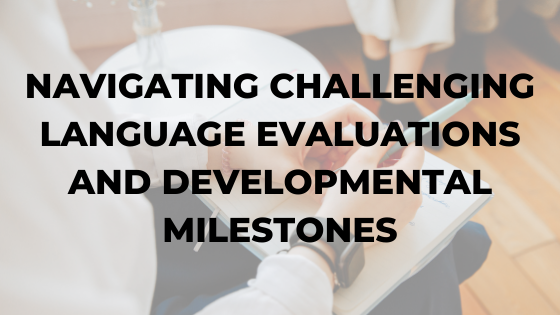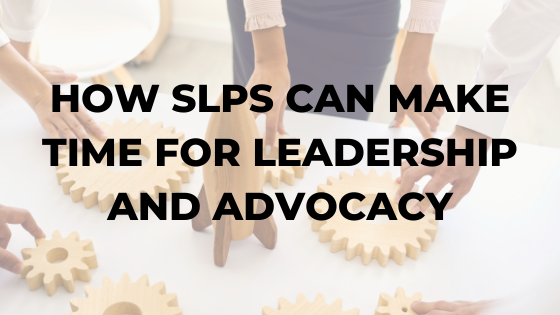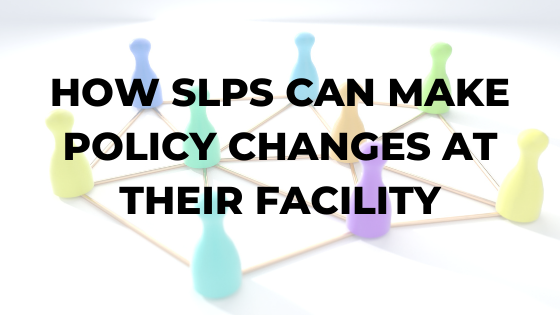The most common complaint I hear from K-12 therapists relating to social skills is that kids don’t generalize what they learn in therapy to the real world. That’s because most therapy sessions are done in an “academic format”, and social interactions aren’t “academic”. Human interactions in an unstructured environment requires an essential set of cognitive…
Author: DrKaren
Behavior charts don’t build internal motivation. Here’s what does.
Many K-12 professionals see behaviors considered to be defiant or lazy, even though classroom management systems are in place. That’s because behavior charts don’t support students’ executive functioning, and they’re often too abstract to help motivate kids through discomfort or learning curves. They also don’t support important skills such as time-perception, episodic memory, future pacing,…
What does it mean to be neurodiversity-affirming?
I often get the question, “How can I be evidence-based AND neurodiversity-affirming?” The two things aren’t opposed to each other if we support the right skills. In this video, I share a clip from my free training and define what it actually means to be neurodiversity-affirming. It does NOT mean that we have to agree…
Why don’t timers improve my students’ time-management skills?
When kids have a poor sense of time, the common response is to give them a planner or some kind of a timer. While these tools may be a part of your strategy, they don’t address time-blindness. Time-blindness is a hallmark characteristic of executive functioning issues, and external devices (especially if they’re digital) don’t teach…
Why aren’t checklists and planners helping my students be more organized?
Some students continue to miss assignments and struggle to keep up with the pace in class despite being given organizing tools. This is because they’re experiencing executive dysfunction. While organizers and planners can help some of us stay on top of our work, they don’t actually teach the internal mental processes needed to complete multi-step…
How to manage information overload and design a language therapy system
These days, it’s not JUST about information overload. It’s also about MISinformation overload. Back when I first started practicing, I found language therapy to be super overwhelming. There were so many peer-reviewed articles, books, and seminars. Sifting through that all and trying to apply it to a real-life therapy situation seemed like a daunting task….
Navigating challenging language evaluations and developmental milestones
I get tons of questions about how to do language therapy evaluations effectively, so I wanted to share this special Q & A session I did for the members of Language Therapy Advance Foundations. Most people want to know what test protocols they should use and how to supplement with non-standardized tools; and it can…
How SLPs can make time for leadership and advocacy
A lot of SLPs know that making time to build relationships and collaborate at their facilities is essential to advocating for our field and our clients. But making TIME to do it is a challenge. I experienced this first hand my first few years in the schools. The problem was, I had no system for…
How SLPs can make policy changes at their facility
When I first started practicing, I realized there were a lot of obstacles impacting the effectiveness of what I did. As I talked to other SLPs, I discovered I wasn’t the only one experiencing these same challenges. Things like: LIMITED TIME with clients, which makes it hard to make consistent progress. HIGH CASELOADS, with limited…
When being good at direct therapy isn’t enough for SLPs
I help a lot of SLPs reboot their language therapy strategies so they see tangible results for their students… And in the process of helping them improve their direct therapy techniques, sometimes other problems come up along the way… I can totally relate to this issue. There were many times I felt pressured to follow…
